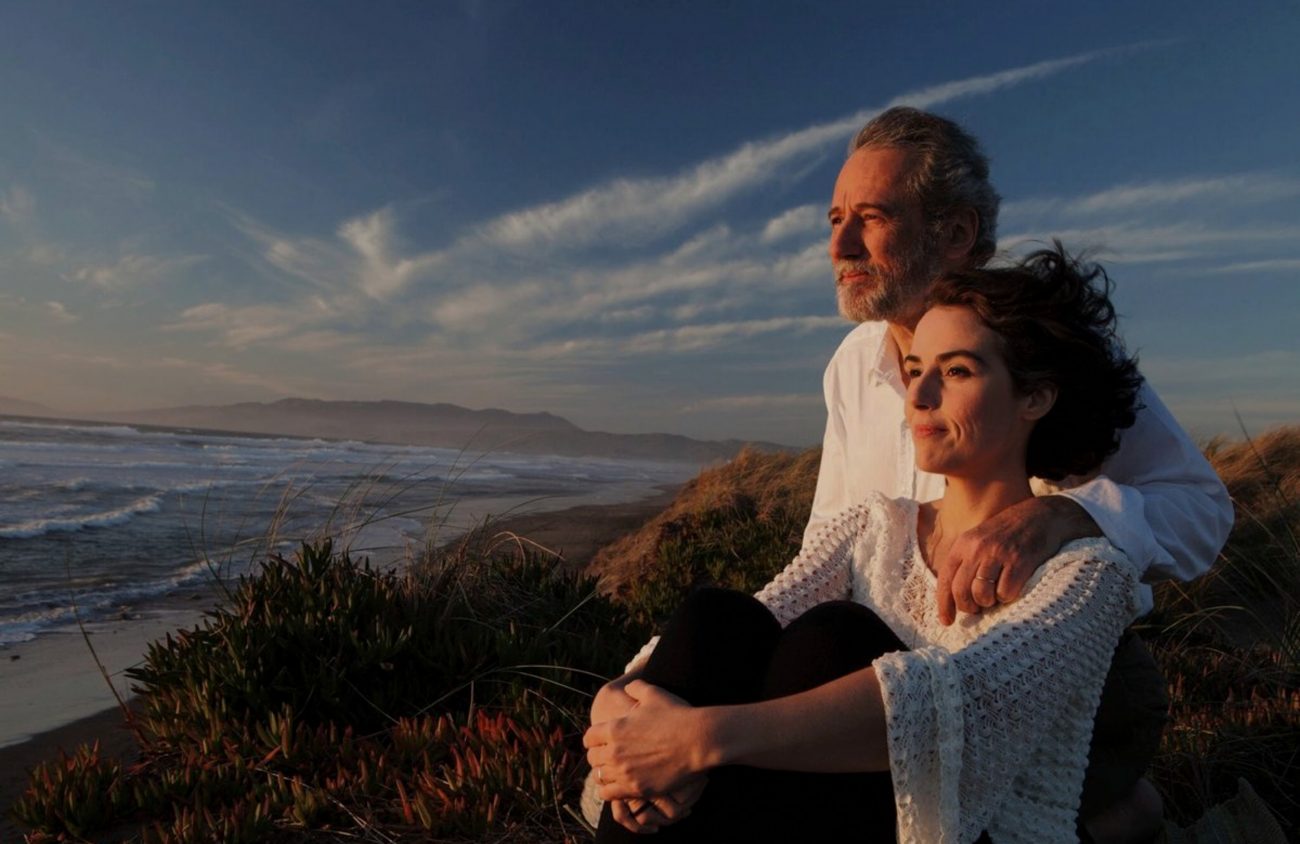Mahler’s music seems like a closing chapter. It marked the end of a certain kind of big, Romantic orchestral music, so all-encompassing that 20th-century composers had to turn in new directions. So large (and expensive!) are the forces required, so big the resulting sound, that orchestras often save Mahler symphonies for the end of the season.
In Portland, the Oregon Symphony closes its season this weekend with Mahler’s Seventh Symphony. On May 22, Corvallis-OSU Symphony Orchestra plays his massive Third Symphony at LaSells Stewart Center on the campus of Oregon State University. And on Thursday, May 17, Francesco Lecce-Chong ends his debut season with the Eugene Symphony with Mahler’s Symphony No. 5.
Mahler wanted to pack a world into each of his symphonies, and No. 5 traverses an astonishing emotional range, veering from funereal to violent to inebriated to anxious to ardent to a sort of demented orchestral punch line.
Leonard Bernstein, one of his successors at the helm of the New York Philharmonic, made Mahler cool again in the 1960s, even leading the orchestra in the Fifth Symphony’s famous adagietto movement at Robert Kennedy’s funeral.
Yet Bernstein was also a fan of earlier Viennese classical masters like Haydn, making a famous recording of the Hungarian composer’s delightful Symphony No. 88, still one of his most popular, and it precedes Mahler on the orchestra’s season-closing program.
The Eugene Symphonic Band also closes its season Sunday, May 20, at First Baptist Church (3550 Fox Meadow Road) with a celebration of 60 years of community concerts, including music by Irving Berlin, 20th-century American composer Paul Creston, Gustav Holst and more.
The Delgani String Quartet also goes big in its season-ender Sunday afternoon, May 20, and Tuesday night, May 22, at Temple Beth Israel, adding a second violist (Elizabeth Freivogel of the award-winning Jupiter Quartet) so they can play a pair of classical masterpieces: Mozart’s G minor quintet and Brahms’ G major quintet.
Quartets, as opposed to quintets, get played a lot because the world has lots of string quartets (both the musical form and the foursome), which means that we don’t get to hear some of the finest chamber music live nearly enough. There aren’t really any permanent string quintets.
So if you love Mozart and/or Brahms, this is an unfortunately rare opportunity to hear some of the very best music they wrote, played by some of Oregon’s finest musicians.
Another augmented string quartet, New York new music specialists Brooklyn Rider, add their friend, the great Iranian kamancheh virtuoso and composer Kayhan Kalhor, to their May 24 performance at Corvallis’ LaSells Stewart Center.
A founding member of Yo-Yo Ma’s Silk Road Ensemble, Kalhor is a master of the traditional Persian fiddle, which he’ll deploy in solo improvisations — in Rider violinist Colin Jacobsen’s powerful Beloved, do not let me be discouraged and A Mirror For A Prince — as well as in his own Silent City, Kalhor’s lament for the devastated Kurdish city of Halabjah.
The quartet, which has collaborated with musicians from Joshua Redman to Bela Fleck, will also play Philip Glass’ Seventh String Quartet, which they recently recorded.
Jacobsen’s cellist brother co-founded Brooklyn Rider before leaving a few years ago. Another brother act, the world-famous Brazilian guitar playing Assad Brothers, has spawned another family act — Sergio and Clarice Assad — that comes to The Shedd this Saturday, May 19.
Sergio Assad’s daughter, Clarice, has won renown as a composer, scoring Grammy nominations, commissions from Carnegie Hall, Lincoln Center and more; prestigious fellowships; and recordings of her music by Yo-Yo Ma, Evelyn Glennie and other classical music stars. She’s also sung with a wide variety of jazz and classical performers, and has even combined her performing and composing skills in the world’s first scat-singing concerto.
She’s in Oregon for the premiere of a piece commissioned from a Portland dance company and piano trio, and joins her dad in a concert of Brazilian songs, with emphasis on samba and jazz.
Finally, if these Brazilian, Persian and Germanic influences aren’t enough, try the seductive melodies of Javanese gamelan music, some of the planet’s most alluring sounds. Eugene is fortunate to possess one of America’s few community gamelan ensembles, a beautiful collection of bronze metallophones, fiddle, bamboo flute and other instruments handmade by skilled Indonesian crafters.
On Sunday afternoon, May 20, at Episcopal Church of the Resurrection (3925 Hilyard Street), Gamelan Sari Pandhawa will play traditional and contemporary Javanese music, arrangements of Western music for gamelan, and original compositions by the group’s music director, Ken Jennings. They’re joined by Tirta Tari dance ensemble from Lane Community College and Javanese dancers. ■
